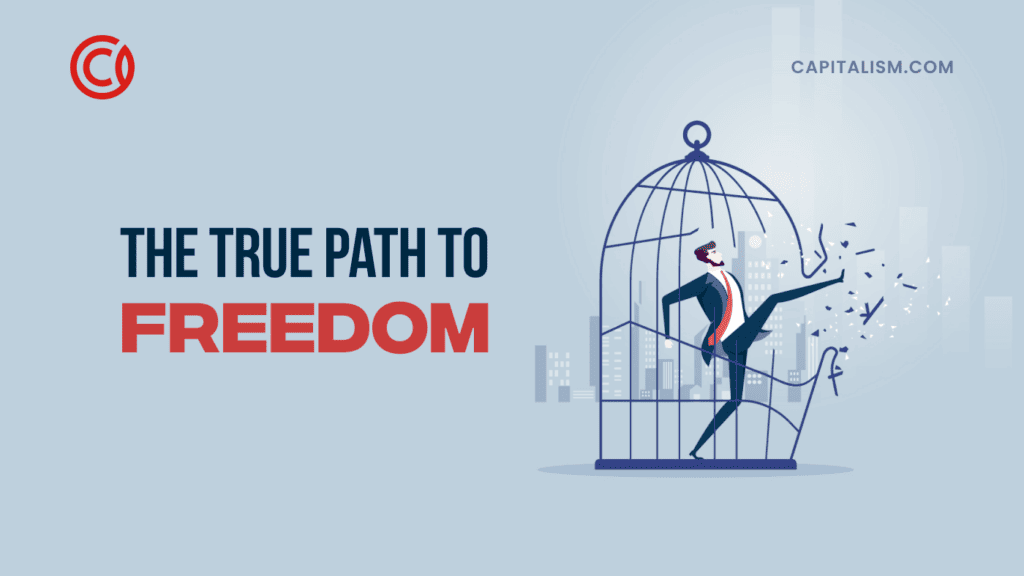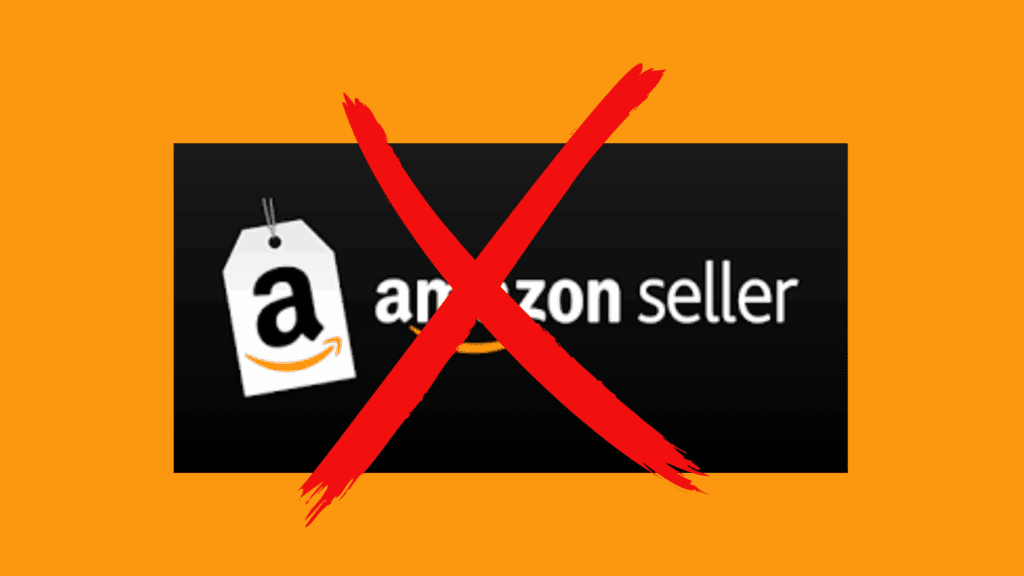Building an investment portfolio outside of your business is just as important as reinvesting in your business.
According to a study conducted by the insurance giant MassMutual, “nearly 40% of business owners don’t have a retirement income strategy outside of their businesses.” In other words, many entrepreneurs have no safety net to fall on if the direction of their business were to take a bad turn.
Below we will look at four advantages of investing, reasons why entrepreneurs should consider investing a portion of their net earnings outside of their business.
Taxes are Lower on Unearned Income
Like it or not, the more than 70,000 page U.S. Tax Code is structured in a way that rewards investors and punishes workers.
As you might already know, under federal law income generally falls under two different categories – earned and unearned. Earned income refers to money made from paid work while unearned income, also known as passive income, is income derived from investments like rent, capital gains, interest, dividends, and royalties.
It so happens that unearned income is taxed at a significantly less rate than earned income. In other words, investors, who primarily live off of unearned income, are able to walk home with a greater percentage of their income after paying taxes when compared to those who have a sizable earned income.
By way of illustration, if Person A makes $100,000 a year from his business and Person B makes the same amount of money from rental income, Person A will end up paying more federal taxes than Person B because his income is earned. This is true despite the fact they both grossed the same amount of money. It is also worth noting that, unlike earned income such as salaries, wages and business income, passive income from investments are usually not subject to any social security and Medicare taxes.
Potential For Tax Free Growth
According to Jamaican Billionaire Michael Lee-Chin, one must try to (legally) minimize their tax liabilities if they would like to create outsized wealth. One way that business owners can do this is by, each year, contributing the maximum amount allowed to any and all tax-exempt investment accounts, such as a Roth IRA, Roth 401 (k) or 403 (b) and an individual health savings account (HSA). They are wonderful vehicles that can be used for accumulating tax-free wealth because assets held in these accounts are allowed to appreciate and produce income without ever being subjected to federal taxes. Put simply, they help to keep the government’s greedy hands off of at least some of a person's money.
The truth is the federal government’s financial position is worsening as each day passes. As a result one should expect, that sometime in the future, the government would be eventually be forced to significantly increase taxes in order to continue operating and servicing its ever-growing debt payments. Although the government can do whatever it wants at the end of the day, money in tax-exempt investments accounts are very likely to be protected from future hikes in tax rates.
Greater Diversification
It is never wise to tie up all of your wealth in one asset, even if it is your own business. Neither is it smart to rely on only one source of income. The world’s wealthiest man Warren Buffett holds interests in more than 200 subsidiaries while real estate mogul Donald Trump’s 2015 income of more than $557 million came from several dozen businesses.
Business owners can use stocks, bonds and rental properties to diversify their wealth and create additional sources of income. By doing this, they make their standard of living and retirement plans less dependent on the success or failure of their business. Dividend and rent income from the side can help to cushion any temporary ill turns in their business.
Brings More Flexibility To Estate Planning
Owning a portion of your wealth outside of your business, helps to bring flexibility to your estate planning. This is especially true if you have multiple children who you would like to inherit your estate. If all of your wealth is tied up in a business at the time of your death, it might be hard for your estate to be divided among your children and other beneficiaries. That is because some of your children may want to continue the business into the next generation, while others may want to only inherit cash so that they can instead pursue their own career goals.
This is how side investments can play an important role in an entrepreneur’s estate plan. Assets outside of the business, like rental properties and stocks, can be easily liquidated to cash, and subsequently divided among those heirs who do not want a share of the family business. This can eliminate the need to sell portions of the inherited business to please some of the heirs.
The Bottom Line
Deciding to build wealth outside of your business can be a very wise and rewarding decision. There are many tax benefits to doing so. For example, accounts like a Roth IRA and Roth 401 (k) allow for investments to grow tax-free. In addition to providing asset diversification, an investment portfolio of rental property, stocks and bonds can also add a new level of liquidity and flexibility to your estate plan.











